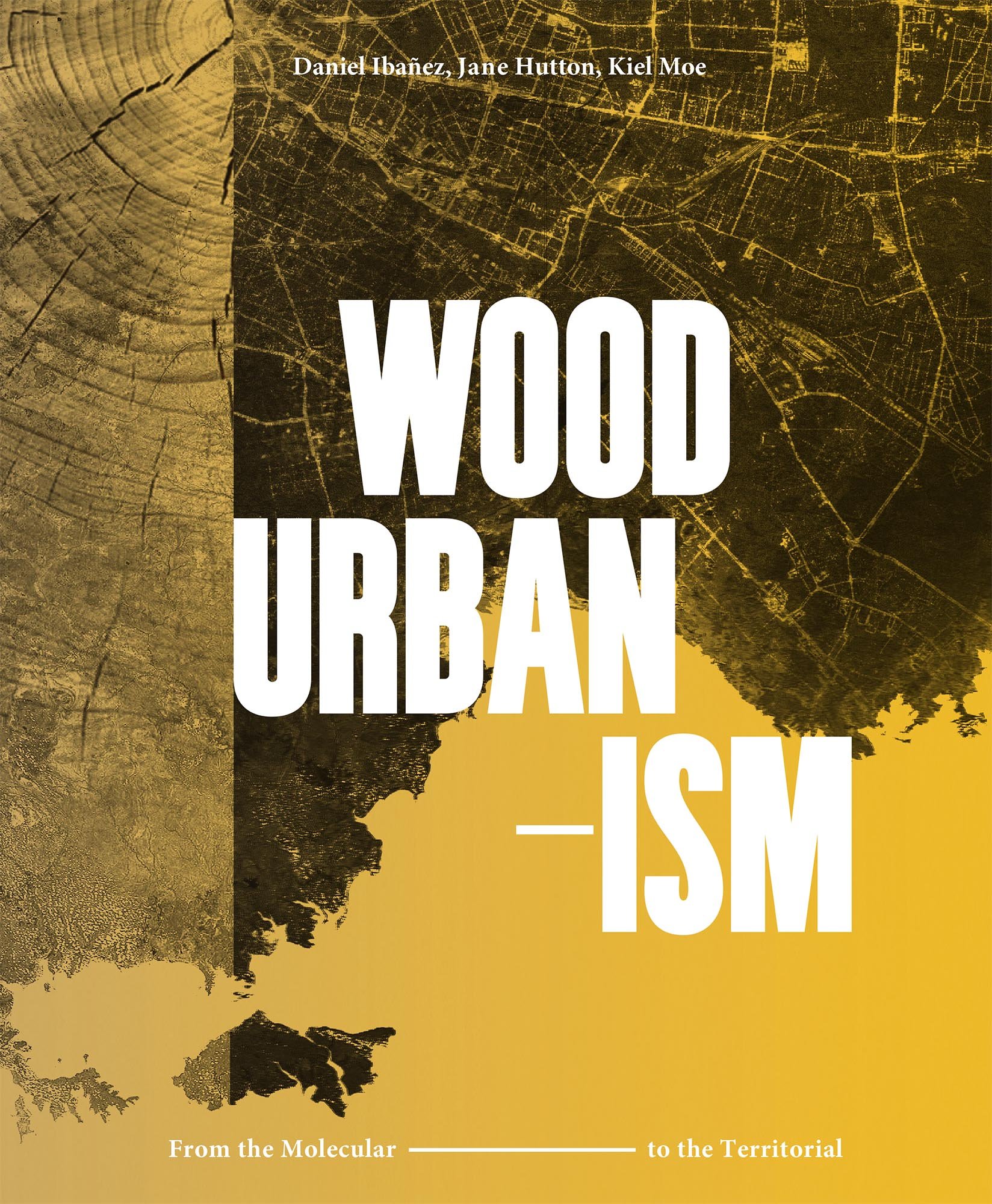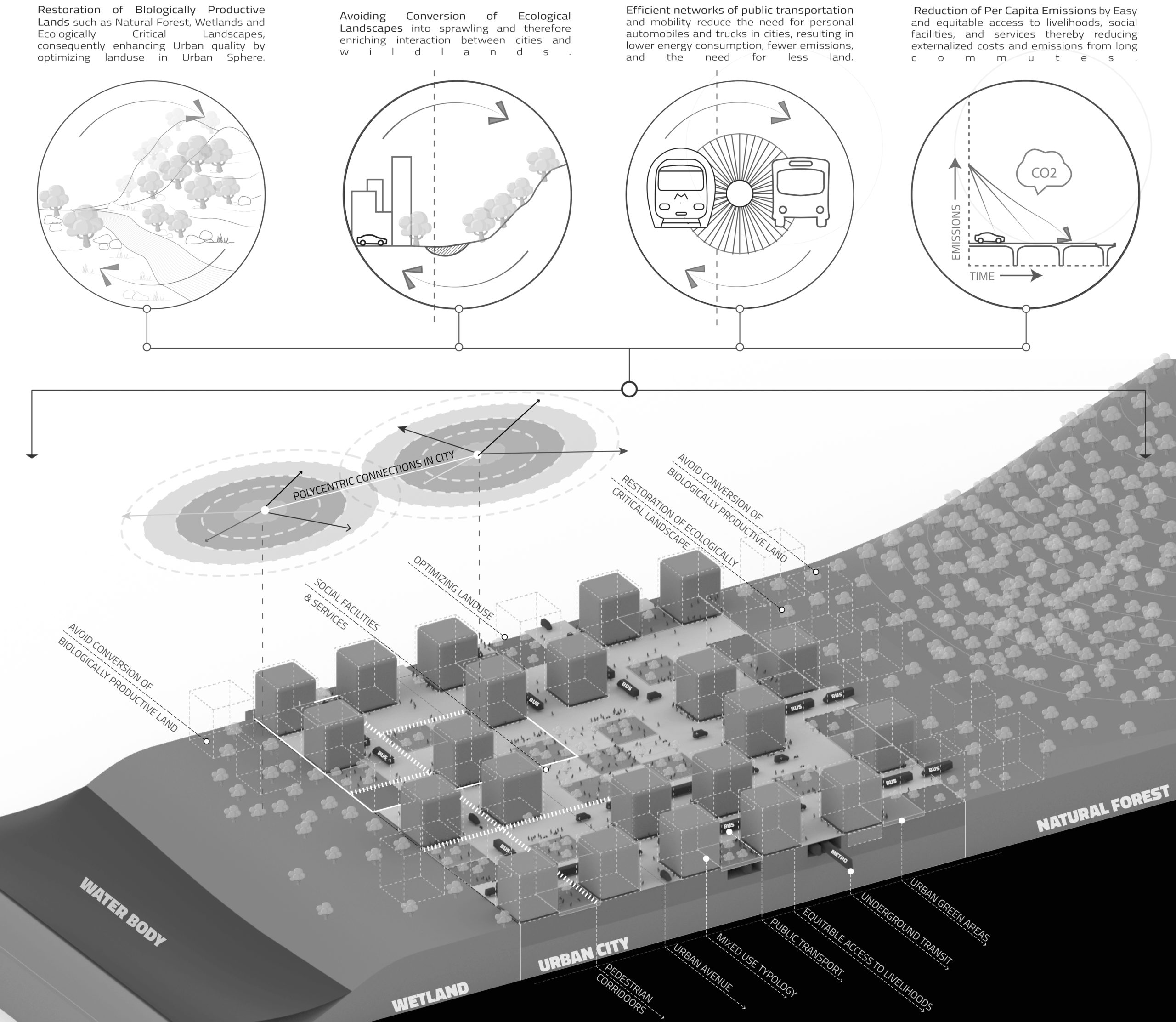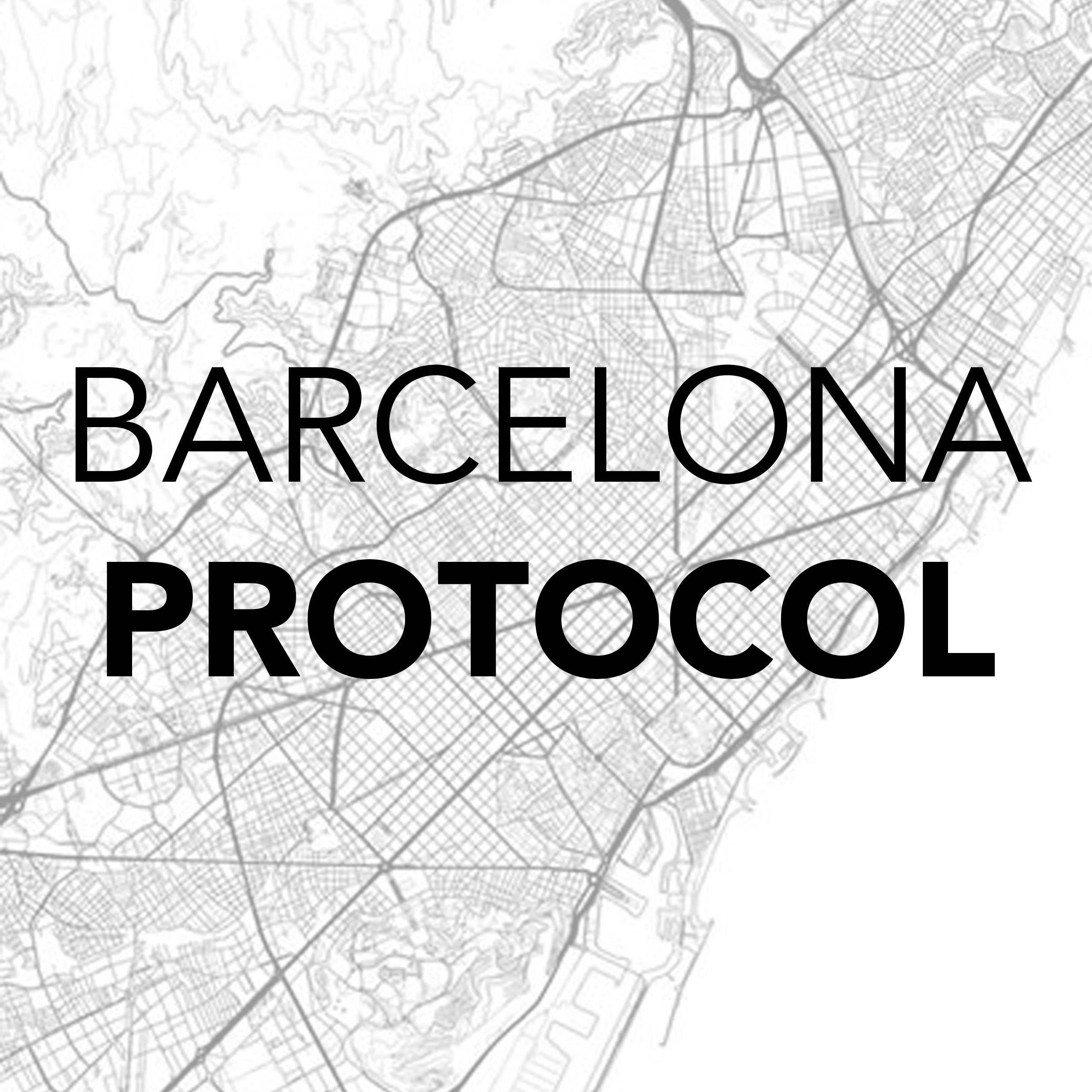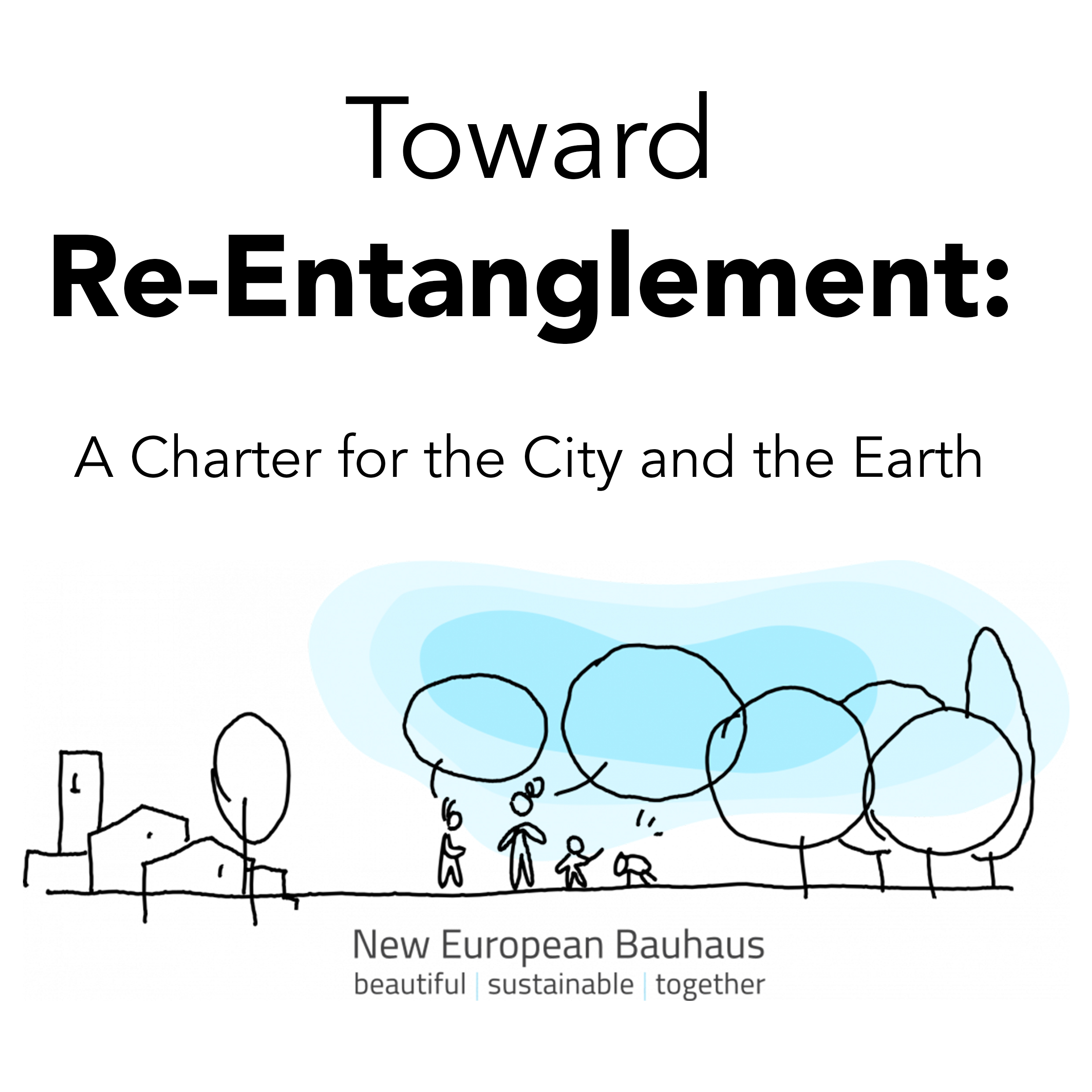Through a process of ecological thinking, we seek to connect different worlds and scales into a conception of what it means to design ecologically. Ecology is defined as the relation between organisms and their environment, but there is no necessarily positive or negative connotation associated with acting ecologically. The power of ecological thinking lies in its ability to transcend scale or species and understand a broader network of actors, entanglements, and relationships. Recent trends in architecture and urban design have introduced radical simplification driven by mechanical infrastructures inspired by the industrial revolution. Since then, complex webs of nature have been increasingly subjugated by the forces of industrial growth and development, leaving behind immense waste and destruction. By thinking ecologically, we can make meaningful connections between decisions made by architects and designers and the effects they have on the externalized environment.

Tom Hegen’s “The Lithium Series” taken by drone over Lithium fields in Chile, 2021.
Learning Objectives
The Ecological Thinking seminar will lead students through a five step process of theoretical exploration corresponding with Bloom’s taxonomy of learning:
CONTEXTUALIZATION (remember) //
Through lectures and dialogue, each student will gain an overview of popular themes and discussions within ecological design, from the politics of extraction to new methods of transitioning scientific research into practical actions.
VOCABULARY DEVELOPMENT (understand) //
Students will develop a vocabulary of ecological thought that will help them to navigate and comprehend contemporary movements/conversations within the world of design, particularly in relation to “sustainability” and the advent of climate change within popular culture.
CRITICAL THINKING (apply) //
Students will practice approaching contemporary issues with a critical lens, learning to unpack and examine how different authors or architects have chosen to make their arguments.
COLLABORATIVE DEVELOPMENT (analyze) //
Through weekly conversation, each student will gain an understanding of different interpretations of the same readings that result from the diverse backgrounds and cultures of the class.
SYNTHESIS (evaluate) //
At the culmination of the course, students should be able to compare, contrast and synthesize several contexts, arguments and viewpoints into a nuanced and informed opinion on the current methods of design and construction.












